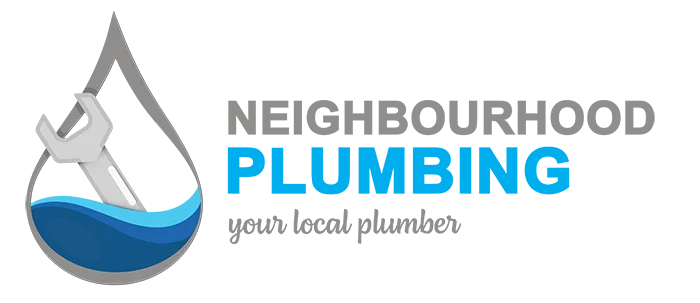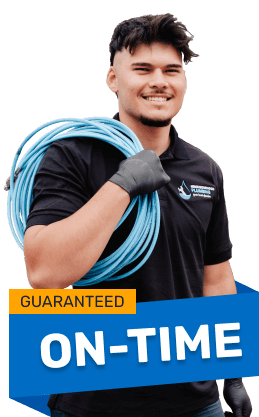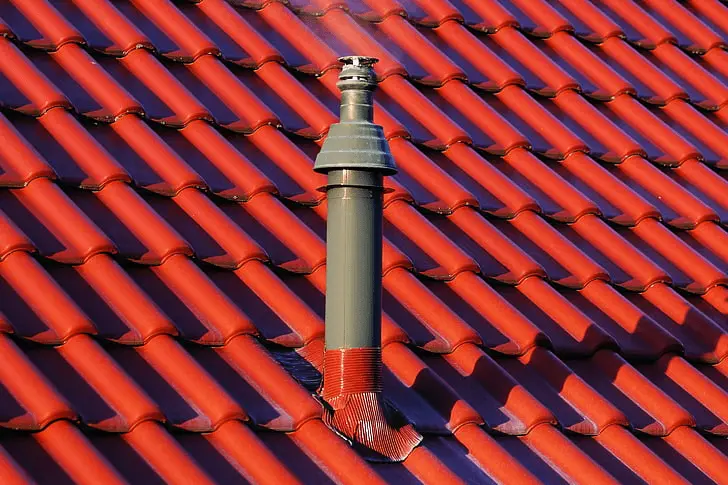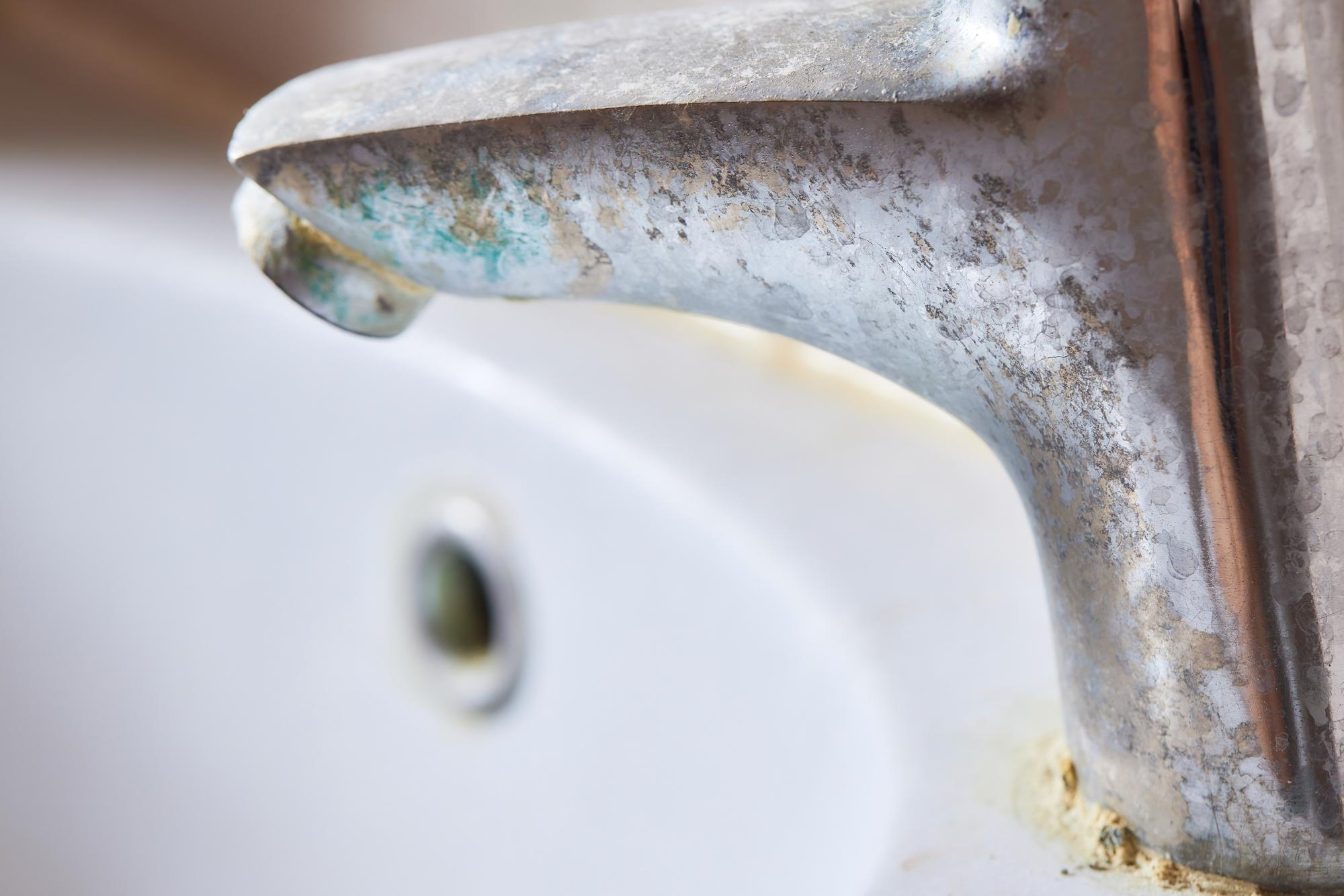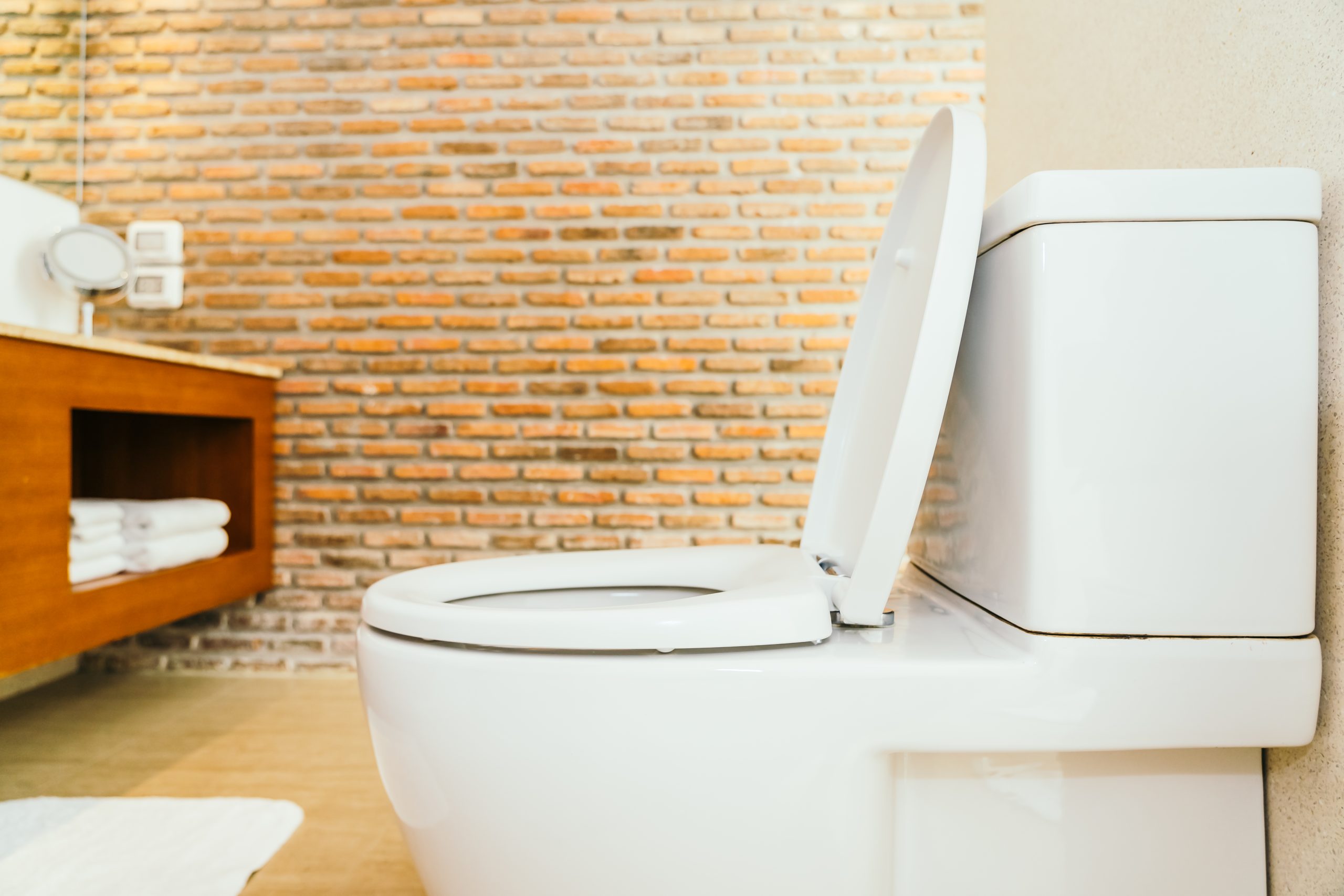
There are a few things that can disrupt the rhythm of your home. Imagine that it is a busy morning, and the rush is on to get everyone ready and out the door. Dealing with a blocked toilet may be the last thing you need on your agenda.
Whether it’s a result of flushed foreign objects, excessive toilet paper, or an underlying plumbing issue – it is the unexpected inconvenience that leaves you feeling frustrated.
Today, we will delve into exploring the signs of a blocked toilet, sharing practical tips to prevent future mishaps, and offering you with quick fixes to handle the situation.
Signs of a Blocked Toilet
Signs of a blocked toilet can be subtle yet impactful, gradually transforming your tranquil space into a source of stress.
These signs are your toilet’s way of sending an SOS, and ignoring them could lead to more significant issues, such as leaks and water damage. So, if you’re experiencing any of these subtle hints, it’s time to take a closer look.
- Slow Drainage. Ever noticed your toilet taking some time to flush away? This is when you press the flush button, and instead of the water swiftly disappearing, it hesitates and swirls reluctantly. A slow drainage is often the first subtle hint that a blockage might be lurking in the pipes.
- Gurgling Sounds. A well-functioning toilet should not produce strange gurgling sounds after flushing or even when the toilet is not in use. These odd sounds can be an indicator that there’s a blockage in the pipes.
- Unusual Odours. If you start noticing unpleasant odours wafting from your toilet, it means that a blockage causes wastewater to linger longer than it should. Such strange smells also signifies a potential health concern as the gases emitted from blocked toilets can contain harmful bacteria – posing a risk to both homeowners and the plumbing system.
Causes of Blocked Toilet
As you can imagine, a blocked toilet is a household woe that can quickly turn into a messy and inconvenient situation. Understanding the root causes of toilet blockages is crucial for effective prevention and quick resolution.
In this section, we will delve into the various reasons behind blocked toilets, shedding light on common culprits that might be causing disruptions in your bathroom routine.
- Flushed Foreign Objects. Many people unknowingly flush items down the toilet that should be discarded in the trash. Common culprits include sanitary products, paper towels, and even children’s toys. These objects can accumulate in the pipes, leading to a blockage that hinders proper water flow.
- Excessive Toilet Paper Usage. While toilet paper is designed to break down easily in water, using an excessive amount can still pose a problem, especially if low-quality or thick paper is used. This buildup can create a barrier in the pipes, reducing the toilet’s flushing efficiency and increasing the likelihood of a blockage.
- Plumbing Issues, Aging pipes, tree root infiltration, or misaligned pipes can contribute to toilet blockages. Call a local plumber to perform a thorough inspection to identify and address these issues.
- Sewer Line Blockages. In more severe cases, a blocked toilet may be a symptom of a larger problem in the sewer line. Tree roots, debris, or foreign objects may obstruct the sewer line, affecting the proper functioning of toilets in the household.
Tips to Prevent Blocked Toilets
Understanding the causes of toilet blockages is the first step towards effective prevention and resolution. Whether it’s being mindful of what gets flushed, regulating toilet paper usage, or addressing plumbing issues promptly, taking proactive measures can save you from the inconvenience and mess associated with a blocked toilet.
Since prevention is a team effort, take the time to educate everyone in your household about the importance of proper toilet use and the potential consequences of flushing the wrong items. Such awareness can go a long way in preventing avoidable blockages.
Mindful Toilet Paper Usage
One of the easiest ways to prevent a blocked toilet is to be mindful of how much toilet paper you use. While it’s tempting to use a generous amount, excessive toilet paper can lead to buildup in the pipes over time. Encourage household members to use an appropriate amount, and consider using thinner or septic-safe toilet paper to reduce the risk of blockages.
Avoid Flushing Non-Flushable Items
It may seem obvious, but a surprising number of toilet blockages are caused by flushing items that should never go down the toilet. Items like paper towels, hygiene products, and even “flushable” wipes can wreak havoc on your plumbing, leading to blockages that are both messy and costly to fix.
Regular Maintenance Routine
Consider scheduling routine plumbing check-ups to catch potential issues before they escalate. This can include inspecting for leaks, checking water flow, and ensuring that pipes are in good condition. A proactive approach can save you from the headache of dealing with a blocked toilet in the future.
Quick Fixes for Minor Blockages
Before calling in the professional local plumbers, try these simple DIY solutions.
- Grab a plunger. Ensure the bowl has enough water to cover the rubber part, create a seal, and plunge vigorously. If successful, a gurgling sound may indicate the water is draining. Flush to clear any remaining debris.
- Reach for a toilet auger. Extend the cable, insert it into the drain, and turn the handle clockwise while gently pushing. Encounter resistance? Rotate the handle the other way. If the auger breaks apart or pulls out the blockage, flush to clear debris.
- Use a drain cleaner. Make sure to choose one labelled safe for toilets. Follow the instructions carefully, let it sit to break down the blockage, and flush to clear loosened debris.
While these DIY methods work for minor issues, persistent problems may indicate a more significant plumbing concern. If you’re unsure or facing repeated blockages, consider the expertise of local plumbers who can diagnose and address complex plumbing issues – ensuring a thorough and lasting solution.
When to Call a Professional for Blocked Toilet Repairs
Remember, a blocked toilet is more than a disruption – it’s an urgent problem that demands a swift and effective solution. Apply the knowledge gained from this guide to prevent and address blocked toilets effectively.
When you encounter persistent issues, unusual sounds, slow draining, backflow, or any water damage around your toilet, it’s time to call in the professionals. At Neighbourhood Plumbing, we emphasise the importance of vigilance and proactive measures to maintain a healthy plumbing system.
From understanding the causes of blockages to implementing prevention tips and quick fixes, we’ve equipped you with the knowledge to address common toilet issues. Our experienced team can diagnose and address complex plumbing problems efficiently, providing you with a hassle-free solution.
Every home deserves the comfort and reliability that comes with a hassle-free toilet. Your peace of mind and a smoothly functioning toilet are just a call away, contact us today at 0488 885 122!
About the Author
From unclogging the toughest drains to repairing leaking toilets, Ricky is a seasoned plumber who has brought his craftmanship to homes across Melbourne. He is passionate about sharing plumbing tips just as much as he is about fixing your plumbing issues. So, when your taps or pipes begin leaking, you know who to call.
